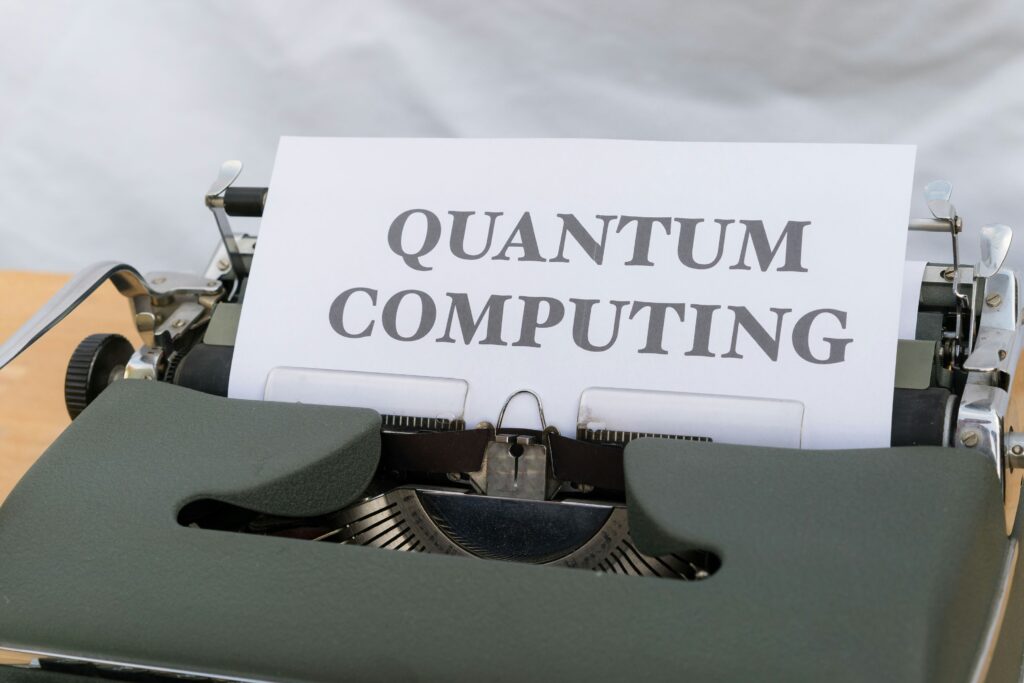2.6 GHz Processor Laptop Efficiency
When considering the efficiency of a 2.6 GHz processor in a laptop, it’s essential to evaluate its performance in various tasks and scenarios. Is 2.6 GHz good for a laptop? Let’s delve into this question to understand the implications of this processing speed.
Processing Power
The 2.6 GHz processor is suitable for everyday tasks such as web browsing, word processing, and multimedia consumption. For basic gaming and photo/video editing, the 2.6 GHz processor can handle lighter loads efficiently. However, for demanding applications like 3D rendering or highend gaming, a higher processing speed might be required for optimal performance.
MultiTasking Capability
The 2.6 GHz processor allows for smooth multitasking with multiple applications running simultaneously. Users can browse the internet, stream music, and work on documents without experiencing significant slowdowns. When pushing the processor to its limits with resourceintensive tasks, the 2.6 GHz speed may show limitations in handling heavy workloads efficiently.
Battery Life
A 2.6 GHz processor in a laptop may consume more power compared to lowerspeed processors when running demanding tasks. This increased power consumption can affect the battery life of the laptop, requiring more frequent recharging. To optimize battery life, users can adjust power settings and manage resourceintensive applications carefully.
Heat Dissipation
Higher processing speeds like 2.6 GHz can generate more heat during operation. Laptops with efficient cooling systems can effectively dissipate this heat to maintain optimal performance. Users should ensure proper ventilation and avoid blocking air vents to prevent overheating issues.
FutureProofing
While 2.6 GHz is sufficient for current tasks, technological advancements may require faster processors in the future. Investing in a laptop with a higher processing speed can provide better longevity and performance for upcoming software and applications. Consider the intended use of the laptop and future software requirements when deciding on the optimal processor speed.
User Experience
The user experience with a 2.6 GHz processor largely depends on individual preferences and usage habits. Casual users performing everyday tasks may find the 2.6 GHz speed sufficient for their needs. Power users handling resourceintensive applications may benefit from faster processors to enhance productivity.
In conclusion, the efficiency of a 2.6 GHz processor in a laptop depends on the user’s requirements and usage patterns. While 2.6 GHz is suitable for basic tasks and moderate multitasking, it may struggle with more demanding applications. Considering factors like processing power, multitasking capability, battery life, heat dissipation, and futureproofing is crucial when evaluating the performance of a 2.6 GHz processor in a laptop. Ultimately, the decision to opt for a 2.6 GHz processor should align with the user’s workflow and future technology considerations.

 Justin Langer is a key contributor at Info Wave Circle, known for his insightful articles and creative approach to technology and societal issues. With a deep passion for innovation and a knack for storytelling, Justin plays a crucial role in communicating the vision and achievements of Info Wave Circle to a broader audience.
Since joining the team, Justin has been instrumental in crafting compelling content that highlights the transformative potential of technology. His work not only informs but also inspires the Info Wave Circle community and beyond. Justin’s dedication to exploring new ideas and his ability to convey complex concepts in an engaging manner make him an invaluable asset to the organization’s mission of fostering innovation and societal progress.
Justin Langer is a key contributor at Info Wave Circle, known for his insightful articles and creative approach to technology and societal issues. With a deep passion for innovation and a knack for storytelling, Justin plays a crucial role in communicating the vision and achievements of Info Wave Circle to a broader audience.
Since joining the team, Justin has been instrumental in crafting compelling content that highlights the transformative potential of technology. His work not only informs but also inspires the Info Wave Circle community and beyond. Justin’s dedication to exploring new ideas and his ability to convey complex concepts in an engaging manner make him an invaluable asset to the organization’s mission of fostering innovation and societal progress.
